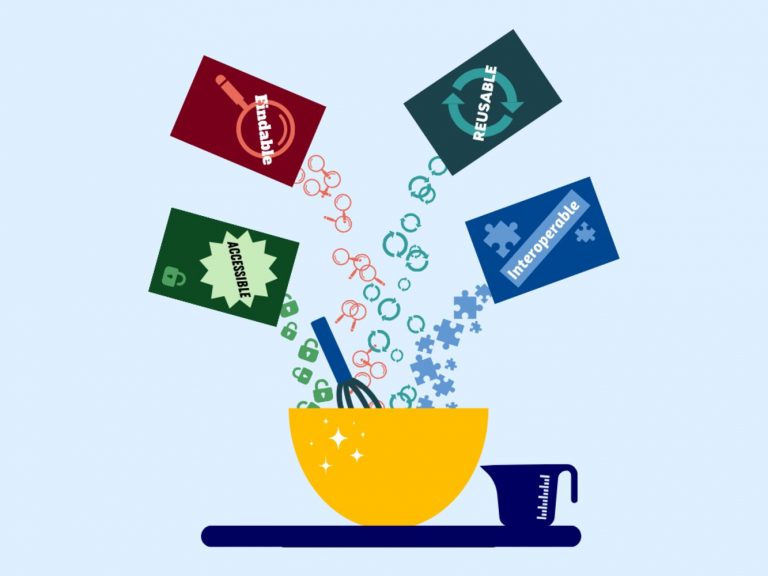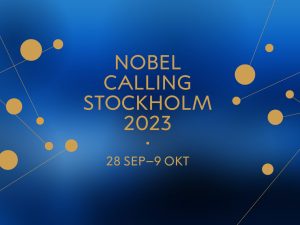It is not uncommon for scientists to build on each other’s discoveries. A Nobel Prize is often awarded to several scientists when their discoveries have contributed in different ways to a common breakthrough of great importance to the world. If scientists shared data with each other at an earlier stage, what could that mean? Could it help resolve the reproducibility crisis? Can it lead to more new research and Nobel Prize laureates with different backgrounds?
In this panel discussion featuring four KTH and KI scientists, we may be able to scratch the surface of an answer by discussing the principles of FAIR data: Findable, Accessible, Interoperable and Reusable. The FAIR principles mean that research data must be possible to locate, there must be information on how to access it, it must be compatible with other data, and it must be possible to use again. The FAIR principles play an important role in efforts to ensure open science, and they describe some of the most central guidelines for good data management and open access to research data.
Participants:
Jayanth Raghothama, associate professor of health informatics and logistics at KTH.
Sebastiaan Meijer, professor of health informatics and logistics and Deputy Head of School at KTH.
Gustav Nilsonne, associate professor of neuroscience at Karolinska Institutet.
Will Usher, associate professor, Energy Systems, KTH.
The conversation will be moderated by Rosa Lönneborg, research data coordinator at KTH.

